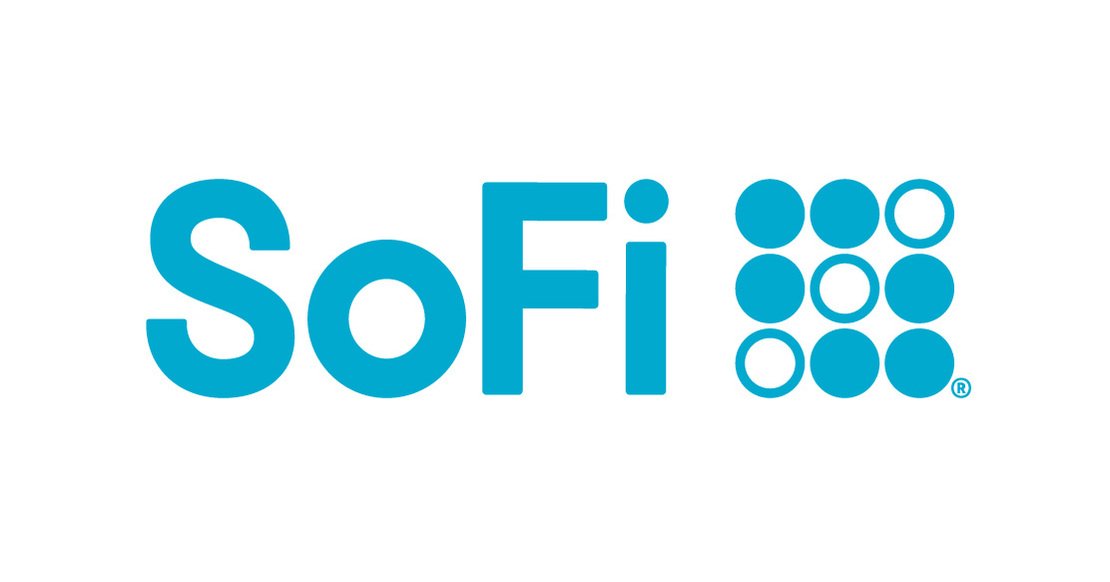
Savings Accounts, for the future you deserve
Savings Accounts: A Simple Guide to Growing Your Money
Saving money is one of the best ways to build financial security and achieve your long-term goals. Whether you’re opening your first savings account, looking for a high-yield savings account, or planning to save for a vacation or a large purchase, the right savings account can help you grow your money efficiently. Here’s everything you need to know about savings accounts and how they can support your financial future.
What’s a Savings Account?
A savings account is a type of bank account designed to help you save money while earning interest on your balance. Unlike checking accounts, which are primarily used for daily transactions, savings accounts encourage you to set money aside and grow it over time. Depending on the type of savings account you choose, you may earn interest that is compounded daily or monthly, increasing your savings even faster. Looking for Checking Accounts?
Brands to Know:
Credit Unions
Consumers Credit Union is an up and coming member-owned financial institution and a JumpSteps Ad partner
Fintechs
The SoFi brand is an abbreviation of the company Social Finance, Inc. and is one of the pioneering Financial Technology (Fintech) Firms
Banks
Two well-known and trusted banks, BB&T and SunTrust, merged to create one of the largest regional banks in the nation, Truist Bank
Key Features of a Savings Account
Earning Interest – Savings accounts allow your money to grow by earning interest. High-yield savings accounts, in particular, offer competitive interest rates that help you maximize your savings.
Low or No Fees – Many banks offer no-fee savings accounts or zero-fee savings accounts, ensuring that more of your money stays in your account rather than going toward maintenance fees.
Easy Access to Funds – While savings accounts are meant for storing money rather than daily spending, most accounts allow limited withdrawals or transfers each month.
Compounded Interest – Interest on savings accounts can be compounded daily, monthly, or quarterly, meaning your money earns interest on both the initial deposit and any previously earned interest. A high-yield savings account with daily compounded interest can help your savings grow significantly over time.
Types of Savings Accounts
First Savings Account – If you’re opening a savings account for the first time, many banks offer beginner-friendly options with no minimum balance requirements and educational resources to help you develop good saving habits.
High-Yield Savings Account – These accounts offer higher interest rates than traditional savings accounts, making them a great option for those looking to maximize their savings over time.
Certificate of Deposit (CD) – A CD is a type of savings account that locks in your money for a fixed period in exchange for a higher interest rate. This is a good choice if you want to earn more interest and don’t need immediate access to your funds.
Family Savings Account – Some banks offer savings accounts designed for families, allowing parents to set up savings goals for their children and track progress over time.
How a Savings Account Helps You Reach Your Goals
Save for the Future – A savings account is a great tool for building financial security and preparing for unexpected expenses or future opportunities.
Save for a Vacation – If you have a dream trip in mind, a dedicated savings account can help you set aside money specifically for travel expenses.
Save for a Large Purchase – Whether you’re planning to buy a car, a home, or expensive electronics, a savings account allows you to build up funds gradually and avoid taking on unnecessary debt.
Things to Consider Before Opening a Savings Account
Interest Rates – Look for a high-interest savings account to maximize the return on your money.
Fees and Minimum Balance Requirements – Some savings accounts charge fees or require a minimum balance. Opt for a no-fee savings account or one with minimal restrictions to keep your savings growing without unnecessary costs.
Withdrawal Limits – Savings accounts often have limits on the number of withdrawals you can make per month, so make sure the account suits your financial habits.
How to Get Started with a Savings Account
Choose a Bank or Credit Union – Research banks and credit unions that offer competitive interest rates, no fees, and flexible terms.
Decide on the Right Account Type – Consider whether a high-yield savings account, a CD, or a family savings account best suits your needs.
Fund Your Account – Make an initial deposit and set up automatic transfers from your checking account to build your savings effortlessly.
Monitor and Adjust – Regularly check your savings account balance and adjust your contributions based on your financial goals.
Final Thoughts
A savings account is a powerful financial tool that helps you save money, earn interest, and prepare for future expenses. Whether you’re opening your first savings account, looking for a high-yield option, or saving for a specific goal, the right savings account can make a big difference. Start today and take control of your financial future!
Find your featured savings account
Ready to get started?
Frequently Asked Questions (FAQs):
-
Checking accounts pay no interest, while Savings Accounts typically pay monthly interest on the balance amounts.
-
Most banks require an identity check in order to open a Savings Account.




